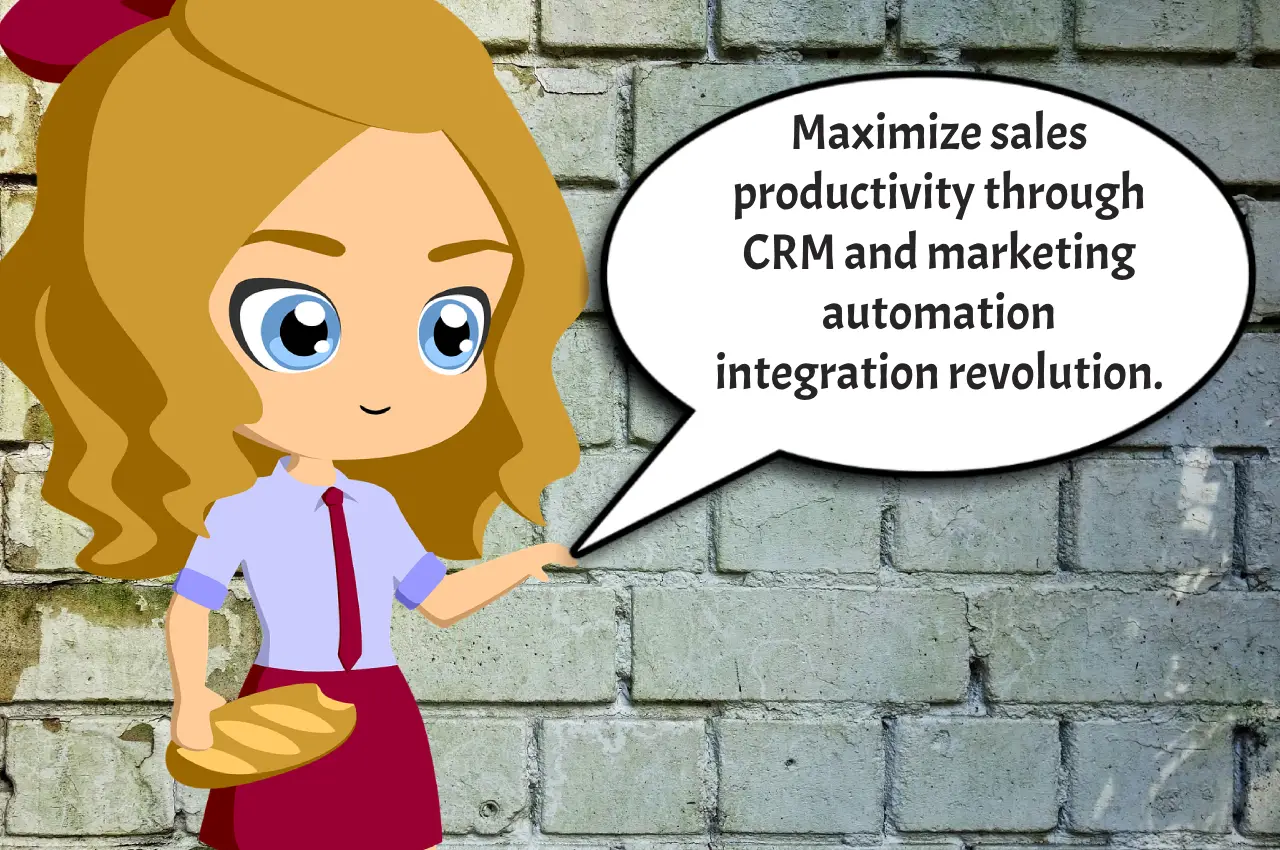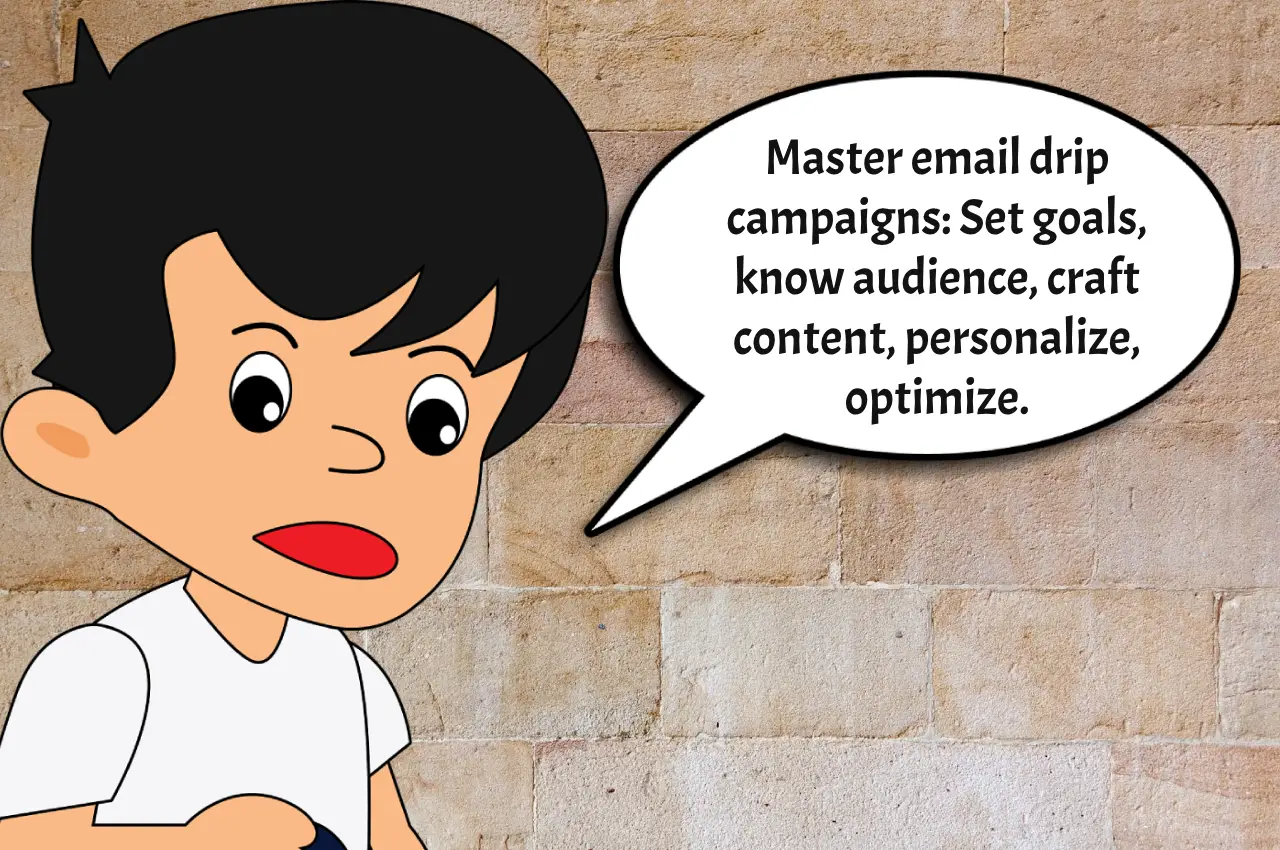In today’s dynamic business environment, sales productivity isn’t just a goal; it’s a necessity. One key to unlocking this productivity lies in the seamless integration of Customer Relationship Management – CRM and marketing automation. This powerful combination can catapult your sales figures to new heights.
Understanding the Power of Integration
Imagine a world where your sales and marketing teams work in perfect harmony. Sales reps know exactly what their prospects want, and marketing campaigns are tailored to individual needs. This isn’t a dream; it’s what CRM and marketing automation integration makes possible.
For instance, consider Sarah, a sales rep at a mid-sized tech firm. With integrated systems, Sarah sees real-time updates on her prospects’ interactions with marketing emails. She knows who’s ready to buy and who needs more nurturing. This insight helps her prioritize her efforts, leading to a significant boost in her sales numbers.
Seamless Information Flow: The Core Benefit
The primary benefit of this integration is the streamlined flow of information. When your CRM and marketing automation tools talk to each other, data silos disappear. Sales reps have access to rich, actionable data. They know which marketing campaigns their prospects engaged with and can tailor their sales approach accordingly.
A study by Invesp found that companies with strong sales and marketing alignment achieved a 20% annual growth rate. This is a testament to the power of integration.
Building a Unified Sales and Marketing Front
A common challenge in many organizations is the disconnect between sales and marketing. CRM and marketing automation integration bridges this gap. It creates a unified front where both teams work towards a common goal. Consider the case of a small online retailer. After integrating their CRM with their marketing automation platform, they witnessed a 15% increase in customer retention. This was due to their aligned and cohesive approach to customer interaction.
Tracking Customer Journeys for Enhanced Experiences
A significant advantage of this integration is the ability to track and understand the entire customer journey. From the first point of contact to the final sale, every interaction is recorded and analyzed. This comprehensive view allows sales teams to customize their approach based on the customer’s unique journey.
For example, a travel agency used this integrated approach to tailor their offerings. They monitored customer interactions, from email opens to website visits, and customized their pitches accordingly. The result was a 35% increase in package sales.
Predictive Analytics: The Future of Sales Strategies
With the wealth of data available through integrated systems, predictive analytics becomes a game-changer. Sales teams can predict future customer behaviors and trends. This foresight enables them to be proactive rather than reactive.
A financial services company used predictive analytics to identify potential high-value clients. They tailored their marketing efforts to these prospects, resulting in a 20% increase in successful conversions.
Enhanced Lead Scoring and Nurturing
Lead scoring becomes more precise with integrated systems. It helps sales teams identify and focus on high-quality leads. Marketing automation tracks online behaviors and engagement, feeding this data into the CRM. The result? A clear picture of which leads are sales-ready.
For example, a software company found that after integrating their CRM and marketing automation, their lead conversion rates improved by 25%. This jump was due to their enhanced ability to score and nurture leads effectively.
Personalization: The Key to Customer Engagement
Today, personalization is not just preferred; it’s expected. With CRM and marketing automation integration, personalization reaches new levels. Sales teams get insights into individual customer preferences and behaviors. This information enables them to engage with prospects in a more relevant and personal way.
A retail brand leveraged this integration to personalize their email campaigns. They saw a 30% increase in open rates and a 10% boost in sales.
Data-Driven Decision Making
Data is king in the modern business landscape. Integrated systems provide a wealth of data, offering deep insights into customer behavior and sales trends. This data drives smarter, more informed decision-making. Sales strategies become more effective when they’re based on solid data.
Automation Reduces Manual Tasks
Time is a precious commodity in sales. CRM and marketing automation integration automates many routine tasks. This frees up time for sales reps to focus on what they do best – selling. It’s not just about working harder but working smarter.
A B2B company implemented this integration and saw a 40% reduction in time spent on manual tasks. This allowed their sales team to spend more time with potential clients, leading to a noticeable uptick in sales.
Real-Time Feedback Enhances Agility
The business world changes rapidly. To keep up, your sales strategies need to be agile. With real-time feedback from integrated systems, you can quickly adjust your tactics. This agility is vital in staying ahead of the competition.
Overcoming Initial Setbacks for Long-Term Gain
It’s important to acknowledge that integrating CRM with marketing automation might have initial hurdles. These can include staff training, data migration, and system customization. The key is to start small, integrate gradually, and continuously optimize your processes. With the right mindset and approach, these challenges are not just manageable; they’re stepping stones to success. However, the long-term benefits far outweigh these temporary challenges. Organizations that successfully navigate these initial hurdles often see substantial improvements in their sales productivity.
The Future is Integrated
As we look to the future, the integration of CRM and marketing automation is not just a trend; it’s the new standard. Companies that embrace this integration will lead the pack in sales productivity.
Your Move: Harness the Power of Integration
Now that you understand the power of integrating CRM with marketing automation, it’s your turn to act. Think about how this integration can transform your sales process. Start small, focus on data quality, and keep your teams aligned.
We’re excited to hear your thoughts and experiences with CRM and marketing automation integration. Share your stories in the comments below. Let’s start a conversation on how this powerful combination can revolutionize sales productivity.





